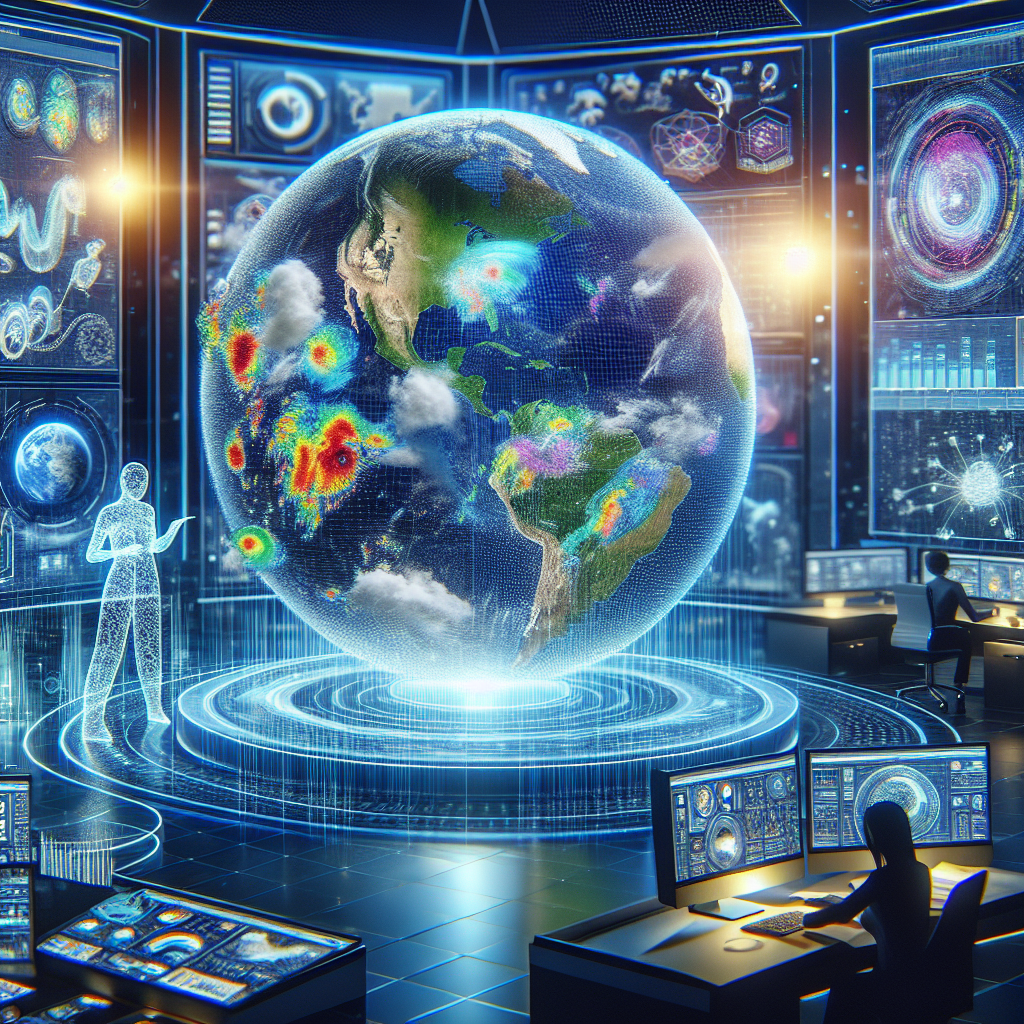Understanding AI in Weather Forecasting: Your Questions Answered
Have you ever wondered how artificial intelligence (AI) is transforming weather forecasting? With advancements in technology, AI is playing a pivotal role in making weather predictions more accurate and reliable. But what exactly is AI weather forecasting, and how does it work? Let’s dive in and answer some common questions you might have!
1. What is AI in Weather Forecasting?
AI in weather forecasting involves using machine learning algorithms and data analytics to predict weather patterns. By analyzing vast amounts of meteorological data, AI models can identify trends and make forecasts faster and more accurately than traditional methods.
2. How Does AI Improve Weather Predictions?
The integration of AI into weather forecasting brings several enhancements:
- Data Processing: AI can process enormous amounts of data from satellites, weather stations, and sensors in real-time, leading to more accurate predictions.
- Pattern Recognition: Advanced algorithms identify complex patterns and anomalies that might be missed by human analysts.
- High-Speed Analysis: AI models can quickly analyze data, providing faster updates and early warnings for severe weather conditions.
- Continuous Learning: AI systems continually learn from new data, improving their accuracy over time.
3. Are AI Weather Forecasts More Accurate?
Yes, AI has significantly improved the accuracy of weather forecasts. Traditional models rely heavily on physical equations and can be slow to update. In contrast, AI models can adapt and learn from new data swiftly, providing more precise predictions. However, it’s important to note that no forecasting method is 100% accurate.
4. What Role Do Meteorologists Play with AI?
Meteorologists remain essential in the process. While AI provides data and predictions, human expertise is crucial for interpreting these results and making informed decisions. Think of AI as a powerful tool that augments the skills and knowledge of meteorologists rather than replacing them.
5. Can AI Predict Extreme Weather Events?
AI is highly effective in predicting extreme weather events such as hurricanes, tornadoes, and thunderstorms. By analyzing historical data and recognizing patterns, AI can provide earlier warnings, which are vital for preparing and minimizing damage.
6. What Are the Limitations of AI in Weather Forecasting?
Despite its advancements, AI has limitations. It depends on the quality and quantity of the data fed into it. Incomplete or biased data can lead to inaccurate predictions. Moreover, extreme weather events that are rare or unprecedented might be challenging for AI to predict accurately due to a lack of sufficient historical data.
7. How Can I Trust AI Weather Forecasts?
Trust in AI weather forecasts comes from the combination of technology and human oversight. Major meteorological organizations and weather services constantly evaluate and improve AI models, ensuring their reliability. However, it’s always a good idea to cross-check forecasts from multiple sources.
8. How Will AI Shape the Future of Weather Forecasting?
Looking forward, AI will continue to revolutionize weather forecasting. With the ongoing enhancements in AI technology, we can expect even more precise and localized weather predictions. This will be invaluable for everything from agriculture to disaster management, enhancing safety and preparedness for all.
Final Thoughts
AI is undoubtedly transforming the landscape of weather forecasting, making it more accurate and efficient. While there are still some challenges to overcome, the future looks promising with AI enhancing our ability to predict and respond to weather conditions. So, the next time you check the weather, remember the clever algorithms working behind the scenes to keep you informed and safe!
